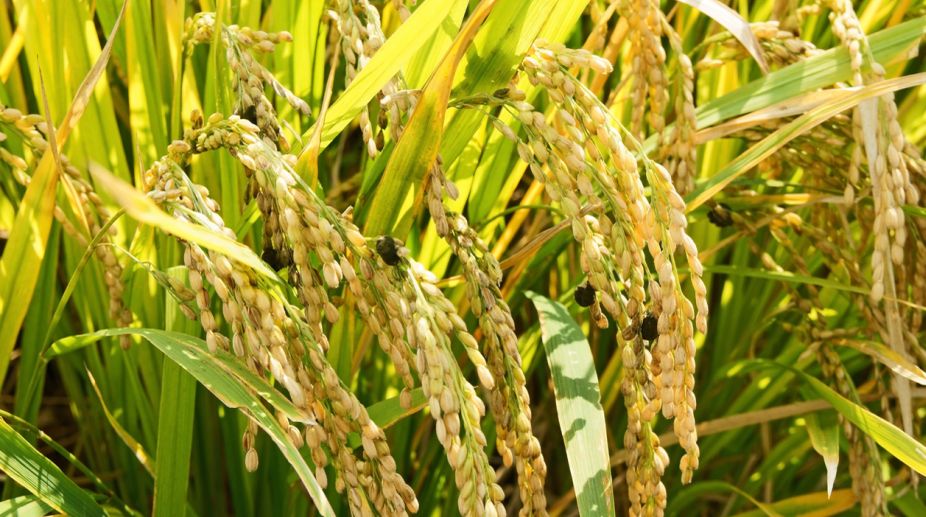Odisha, as a predominantly rural state, now confronts an agrarian crisis. Not that there has been a shortfall in production after a spell of drought; the plight of the peasantry has deepened with the burning of the standing paddy crop ~ infested with pests ~ in the relatively backward western and southern districts. In the immediate perspective, the danger of environmental pollution is dangerously real in the districts of Bargarh ~ where it all began ~, Jharsuguda, Sambalpur, Rayagada, and Ganjam that borders Andhra Pradesh.
Dense smoke emanates from areas that were till the other day fertile agricultural tracts. And the enormity of the tragedy intensified when Brunda Sahu, a farmer of Bargarh, set his paddy field on fire recently… and then consumed poison to kill himself.
Advertisement
For a peasant to see his crop go up in flames is a sight much too horrifying even to imagine. Ergo, there now several facets to the agricultural crisis ~ the destruction of paddy and the fertile farmland, the air pollution, the suicide and also, of course, the reality that the administration in Bhubaneswar, specifically the department of agriculture, failed to counter the pests with timely spraying of insecticides, indeed to ensure the security of the paddy and the livelihood of the farmer.
Of course, destruction of the crop might make it still more difficult for the state government to assess the damage; any failure on that score will render the peasantry more vulnerable to the rapacity of the village money-lender.
Having said that, the government cannot evade its primary responsibility when the pests struck. To harp on damage assessment and relief is to proceed from conclusion to premise. The priorities cannot be skewed at this juncture. Overall, the administration of the affected districts would appear to have woken up late… when the worst was over. As horribly belated as allegations that the pesticides were “spurious” and hence thoroughly ineffective.
The Collectors are said to have warned pesticide dealers that “stringent action” will be taken if tests revealed adulteration; this is only to be wise after the event. The short point must be that efficacy ought logically to have been tested before the spraying operation.
Palpably enough, this was not done and acres of the crop in a vast swathe of Odisha have been reduced to ashes. It is a cruel irony that the crisis has gripped the state less than a week after Chief Minister Naveen Patnaik directed departmental secretaries to be focused on “service delivery and implementation of schemes”, a move we had praised.
He asked them to visit the districts for four days in the first week of every month and monitor implementation. In the event, there is neither a scintilla of “service delivery” nor “implementation”, which is arguably the worst of both worlds. If “people are at the centre of our governance”, the peasantry has suffered a raw deal.











